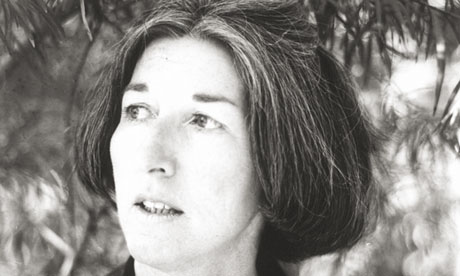
"Who in the course of a life has not endured, or witnessed, or participated in the attempt of one human being to have power over another?" asks Joan London in her cogent introduction to this haunting story of psychological cruelty. Originally published in 1966, it is republished by Text Classics in a series showcasing the often overlooked classics of Australian literature. "The novel gripped me like a nightmare," writes London who first read it 40 years ago. Enrolled in a course on the modern novel in which only one female writer was mentioned, she "had no real idea about the literary culture of [her] own country"; this unearths that culture's buried riches.
Entrapment is a powerful theme at the heart of Elizabeth Harrower's work, including her novels The Long Prospect, Down in the City, and The Catherine Wheel. Set in 1940s Sydney among the city's glittering bays, she evokes "the sense of darkness in sunlight". Survival is all for the young heroines, sisters Laura and Clare, devastated by their father's death and abandoned by their heartless mother. Laura sacrifices her studies and dreams; as the second world war breaks out, she becomes embroiled in domestic warfare in a tortuous marriage to her boss at a factory.
The pathologically cruel Felix Shaw is one of Australian literature's most malicious villains, a man who "never, never smiled", and is likened to the mythical misogynist Bluebeard. Shaw tyrannises both women until Laura – the archetypal victim – is crushed. But younger sister Clare finds freedom, empowered by reading Chekhov, Dostoevsky and Tolstoy. Initially a passive spectator (embodying the titular theme of "watching"), Clare finds a "boundless vitality of the spirit" through assisting a teenage refugee, and realises that "she could encourage someone to stay alive". Harrower captures brilliantly the struggle to retain a self amid both domestic and global conflict as Clare challenges the "wilful and terrifying insanity" of violence and conjures an appreciation that "to be alive felt highly remarkable".

